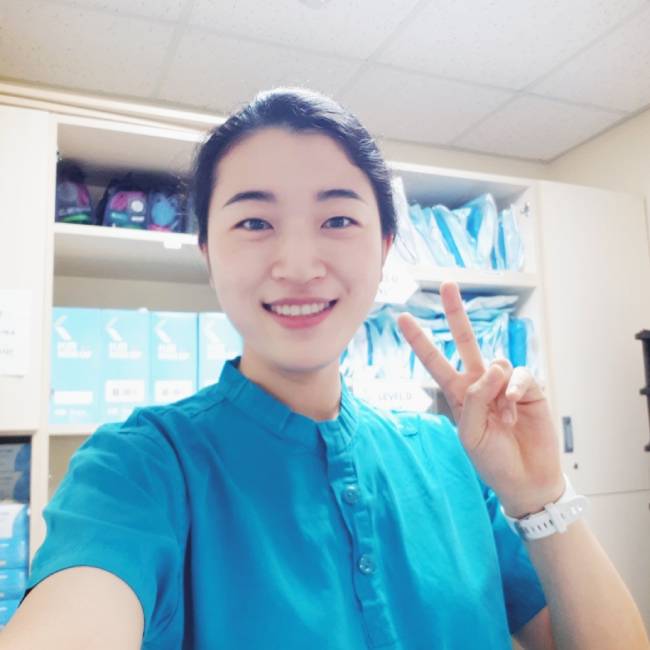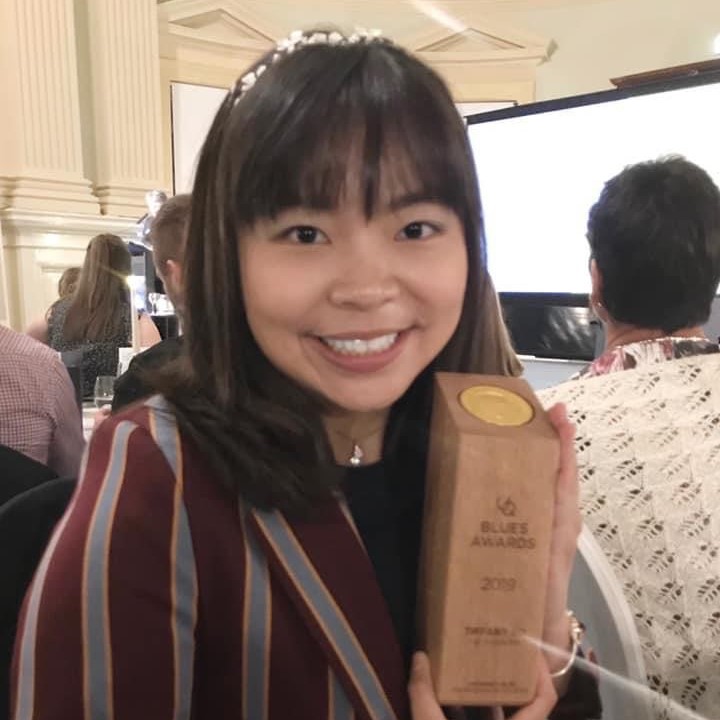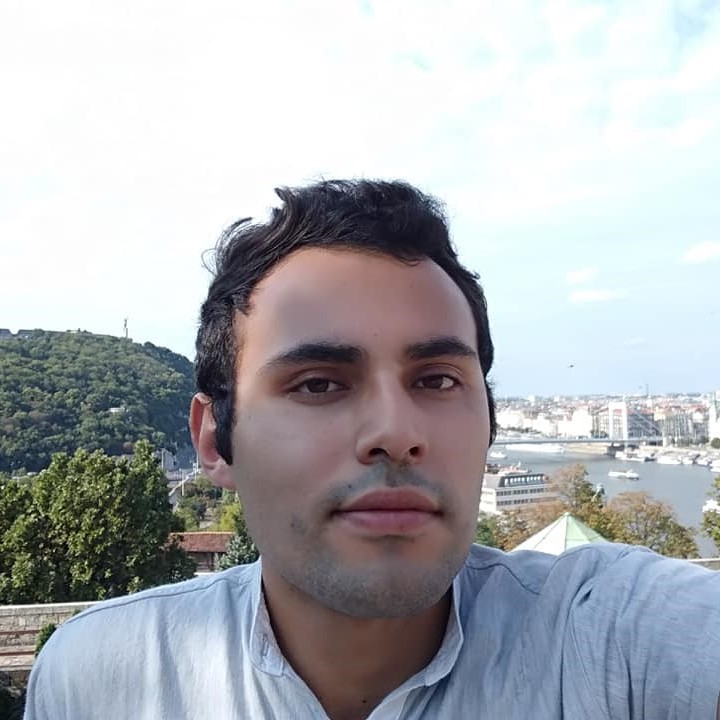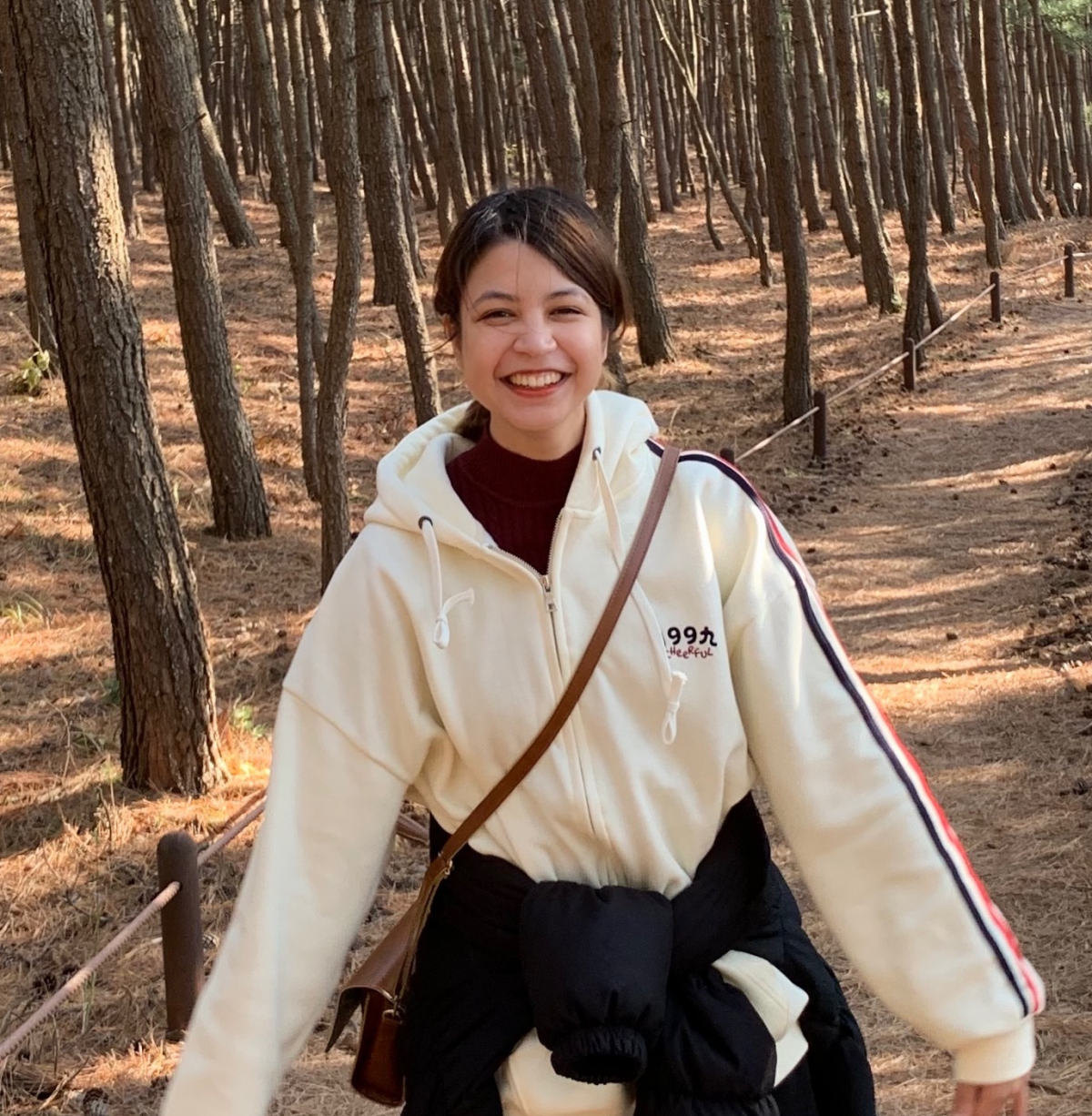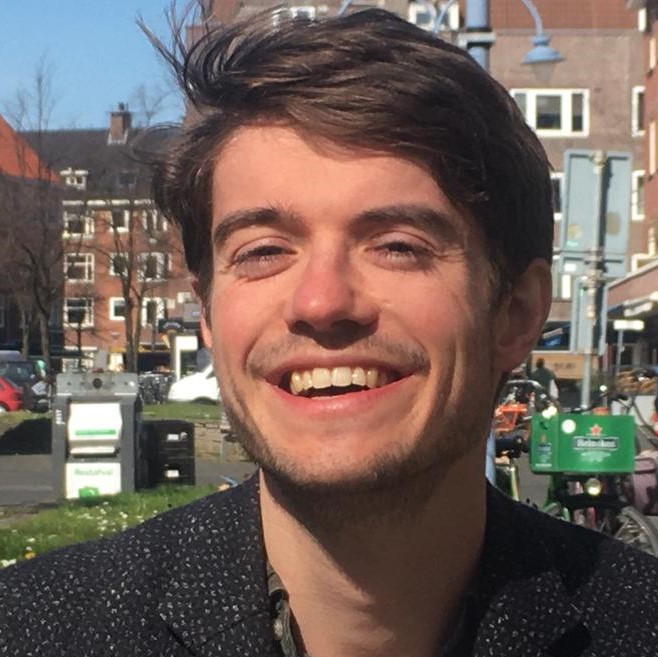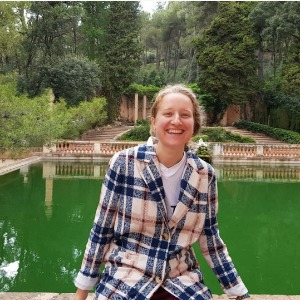Las crónicas de una enfermera de la UCI durante Covid-19: El problema de la escasez
Como enfermera de la Unidad de Cuidados Intensivos de un importante hospital estatal de Seúl, me he enfrentado especialmente a problemas de escasez: falta de personal, de instalaciones y de equipos adecuados.
South Korea, Eastern Asia
Story by Lee Jayoung. Translated by Aobh Mc Anulty
Published on June 9, 2021.
This story is also available in 


La pandemia de Covid-19 ha provocado varios problemas en el sistema sanitario surcoreano. Como enfermera de la Unidad de Cuidados Intensivos (UCI) en un importante hospital estatal de Seúl, me he enfrentado especialmente a problemas de escasez: falta de personal, de instalaciones y de equipos adecuados.
En nuestro hospital, el problema más grave ha sido la falta de personal médico, ya que el número de pacientes que requieren cuidados intensivos aumentó repentinamente. Desde el año pasado, nuestro hospital ha intentado pensar en formas de resolver este problema. Decidió que, en lugar de contratar nuevas enfermeras, se trasladarían a nuestra sala las enfermeras de la Sala General (SG). Esto significaba que mis compañeros de la UCI y yo formaríamos a los nuevos traslados para que pudieran trabajar en la UCI.
La UCI es bastante diferente de otras salas. Entre otras cosas, trabajamos con ventiladores y máquinas OMEC [1], y nuestros pacientes requieren una monitorización constante. Los pacientes que están en la sala de la UCI se enfrentan a una incertidumbre mucho mayor que en otros departamentos. Estos son grandes cambios que las enfermeras de la SG tienen que aprender a manejar y les resultaba difícil adaptarse. Las enfermeras veteranas de la UCI, como yo, no sólo teníamos que cuidar de los pacientes -incluidos los que dependían totalmente de las máquinas de mantenimiento de la vida-, sino que también teníamos la responsabilidad adicional de formar a las enfermeras de la SG. En conclusión, ambas partes tuvieron que lidiar con enormes cantidades de estrés, lo que suscitó quejas e hizo que el ambiente de trabajo se deteriorara.
En cuanto al problema de las instalaciones y los equipos, cuando Covid-19 llegó a Seúl, una gran metrópolis abarrotada con cerca de 10 millones de habitantes, el número de pacientes aumentó exponencialmente y no fue posible aceptarlos a todos en los hospitales.
Las enfermeras senior de la UCI, como yo, no sólo teníamos que atender a los pacientes (...) sino que además se nos encomendaba la responsabilidad adicional de formar a las enfermeras de la SG.
Incluso en tiempos normales, los hospitales de Seúl tienen muchos pacientes y luchan por acomodarlos a todos. Antes de Covid-19, cuando un hospital no podía aceptar más pacientes, se les trasladaba en una ambulancia a otro hospital. Pero en el caso de los pacientes de Covid-19, cuando hay que trasladarlos, el hospital no puede utilizar ambulancias normales, porque carecen de equipos adecuados, como ventiladores y tubos de intubación. Se necesitan ambulancias especiales para pacientes de la UCI, pero no hay muchas disponibles. De hecho, sólo hay un coche ambulancia en todo Seúl totalmente equipado para transportar pacientes de la UCI. Por suerte, el Hospital Nacional de Seúl ha implantado desde 2015 un nuevo sistema llamado SMICU [2] que mejora un poco la situación en la capital. En el lado negativo, estas ambulancias no pueden ir a otras zonas de Corea, donde el virus también ha hecho estragos.
Además, los hospitales han tenido que crear nuevas instalaciones para acoger a los pacientes de Covid-19 que llegan. Sin embargo, no todos los hospitales pueden construir instalaciones separadas. Por ejemplo, en mi hospital, hay dos edificios principales: un edificio utiliza un sistema de ventilación para todo el edificio, y el segundo edificio tiene un sistema de calefacción, ventilación y aire acondicionado separado instalado en cada planta. Sólo se puede utilizar el segundo edificio para admitir a los pacientes de Covid-19, ya que el coronavirus se transmite por el aire y existe el peligro de que el sistema de ventilación haga circular el aire infectado por el hospital.
En las noticias, a menudo oímos que debido a epidemias anteriores como el SARS (en 2004) y el MERS (en 2012), Corea estaba mucho más preparada para una nueva pandemia que otros países. En realidad, no lo estábamos, y nada podría haber preparado a Corea para una pandemia de esta magnitud.
[1] OMEC: Oxigenación por membrana extracorpórea: método de soporte vital utilizado para oxigenar la sangre en pacientes con insuficiencia pulmonar, mediante una máquina que incorpora membranas impermeables a la sangre, pero permeables al oxígeno y al dióxido de carbono.
[2] La Unidad Móvil de Cuidados Intensivos de Seúl (SMICU) es un servicio de transporte público para pacientes de urgencia con enfermedades graves.
How does this story make you feel?
Follow-up
Do you have any questions after reading this story? Do you want to follow-up on what you've just read? Get in touch with our team to learn more! Send an email to [email protected].
Talk about this Story
Please enable cookies to view the comments powered by Disqus.
Subscribe to our Monthly Newsletter
Stay up to date with new stories on Correspondents of the World by subscribing to our monthly newsletter:
Other Stories in Español
Explore other Topics
Get involved
At Correspondents of the World, we want to contribute to a better understanding of one another in a world that seems to get smaller by the day - but somehow neglects to bring people closer together as well. We think that one of the most frequent reasons for misunderstanding and unnecessarily heated debates is that we don't really understand how each of us is affected differently by global issues.
Our aim is to change that with every personal story we share.
Community Worldwide
Correspondents of the World is not just this website, but also a great community of people from all over the world. While face-to-face meetings are difficult at the moment, our Facebook Community Group is THE place to be to meet other people invested in Correspondents of the World. We are currently running a series of online-tea talks to get to know each other better.











